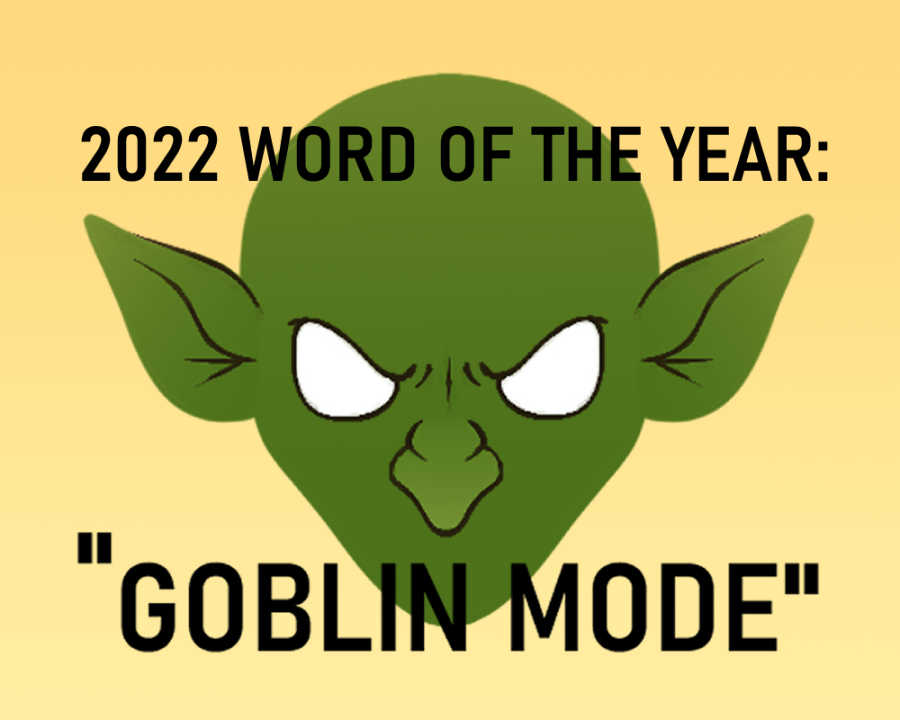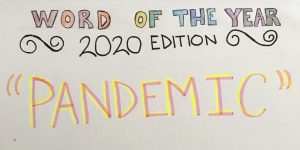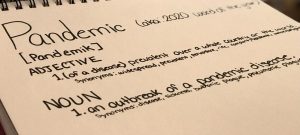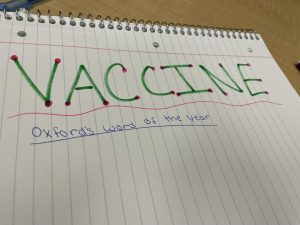Oxford Announces Word of the Year for 2022, “Goblin Mode”
The phrase goblin mode accompanied by an illustrated goblin.
December 20, 2022
After two weeks and more than 300,000 votes, the Oxford Word of the Year has been declared. After receiving 93% of the votes, the phrase Goblin Mode has been selected for having the most cultural significance in 2022.
According to the Oxford English Dictionary, goblin mode is defined as: “A type of behavior which is unapologetically self-indulgent, lazy, slovenly, or greedy, typically in a way that rejects social norms or expectations.”
The phrase goblin mode has its origins on the internet. It first appeared in a 2009 tweet by Twitter user @jenniferdujour who writes, “m was in full hyperactive goblin mode last night. it was as if she ate a bag of sugar-coated candy, then washed it down with a few red bulls.”
Goblin mode didn’t catch on in popularity until February of 2022, after a fake news article screenshot with the caption “Julia Fox opened up about her ‘difficult’ relationship with Kayne West ‘he didn’t like when I went goblin mode’” went viral.
The actual definition of goblin mode is contested. When asked what goblin mode means to them, Senior Emily Chaconas responded, “It’s like when you become super crazy and wacky,” which contradicts Oxford’s official definition.
Although in most online spaces goblin mode is used in the context of doing something crazy. Julie DeMoss, another Senior, agrees with Oxford’s official definition: “It kinda means doing something with no care for the opinion of people around you.”
The phrase goblin mode resonates with many people after the 3 year Covid-19 pandemic. Many people have been rejecting social norms and engaging in self indulgent behavior after a stressful few years.
President of Oxford Languages, Casper Grathwohl, explains: “Goblin mode resonates with all of us who are feeling a little overwhelmed at this point, it’s a relief to acknowledge that we’re not always the idealized, curated selves that we’re encouraged to present on our Instagram and TikTok feeds.”

































